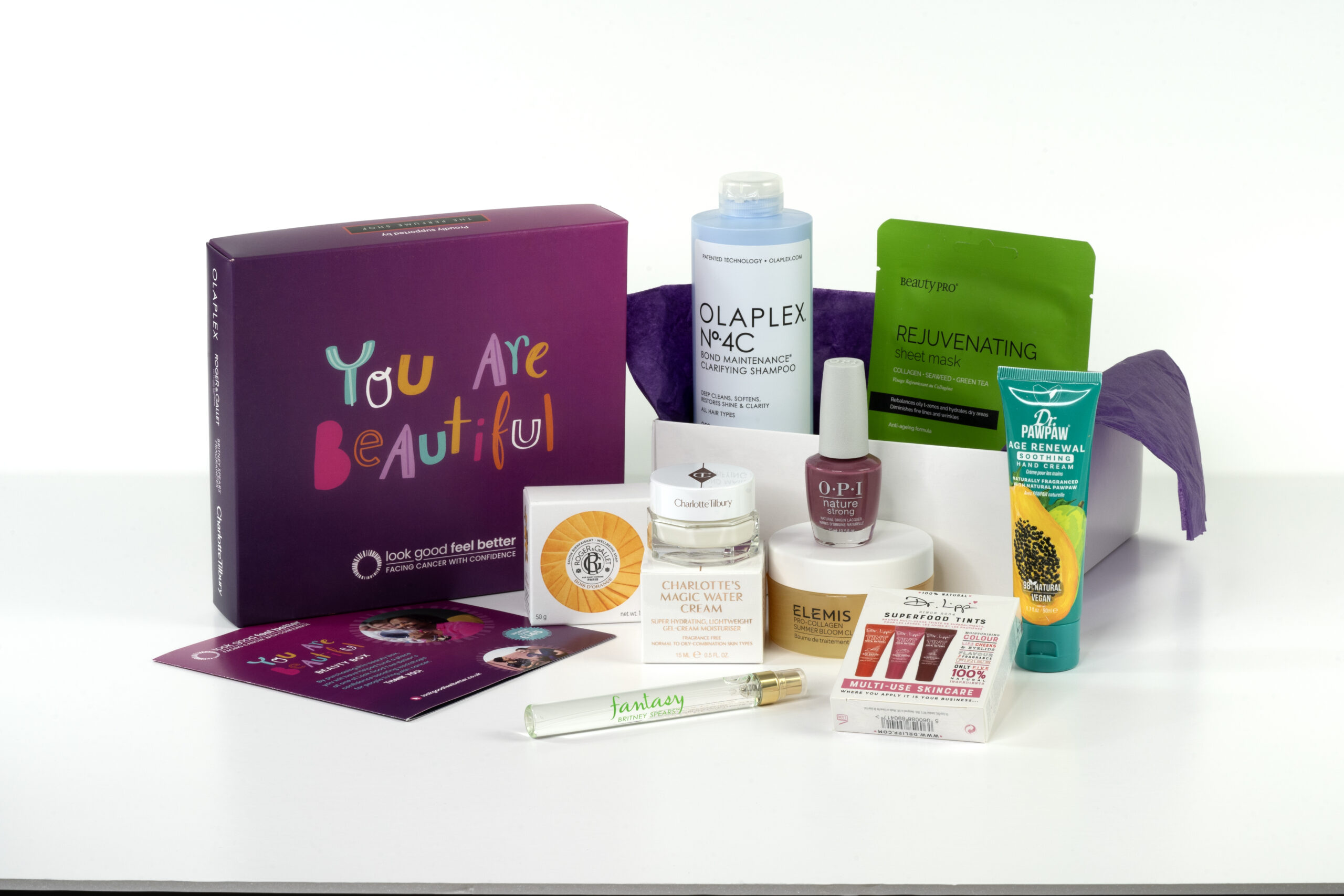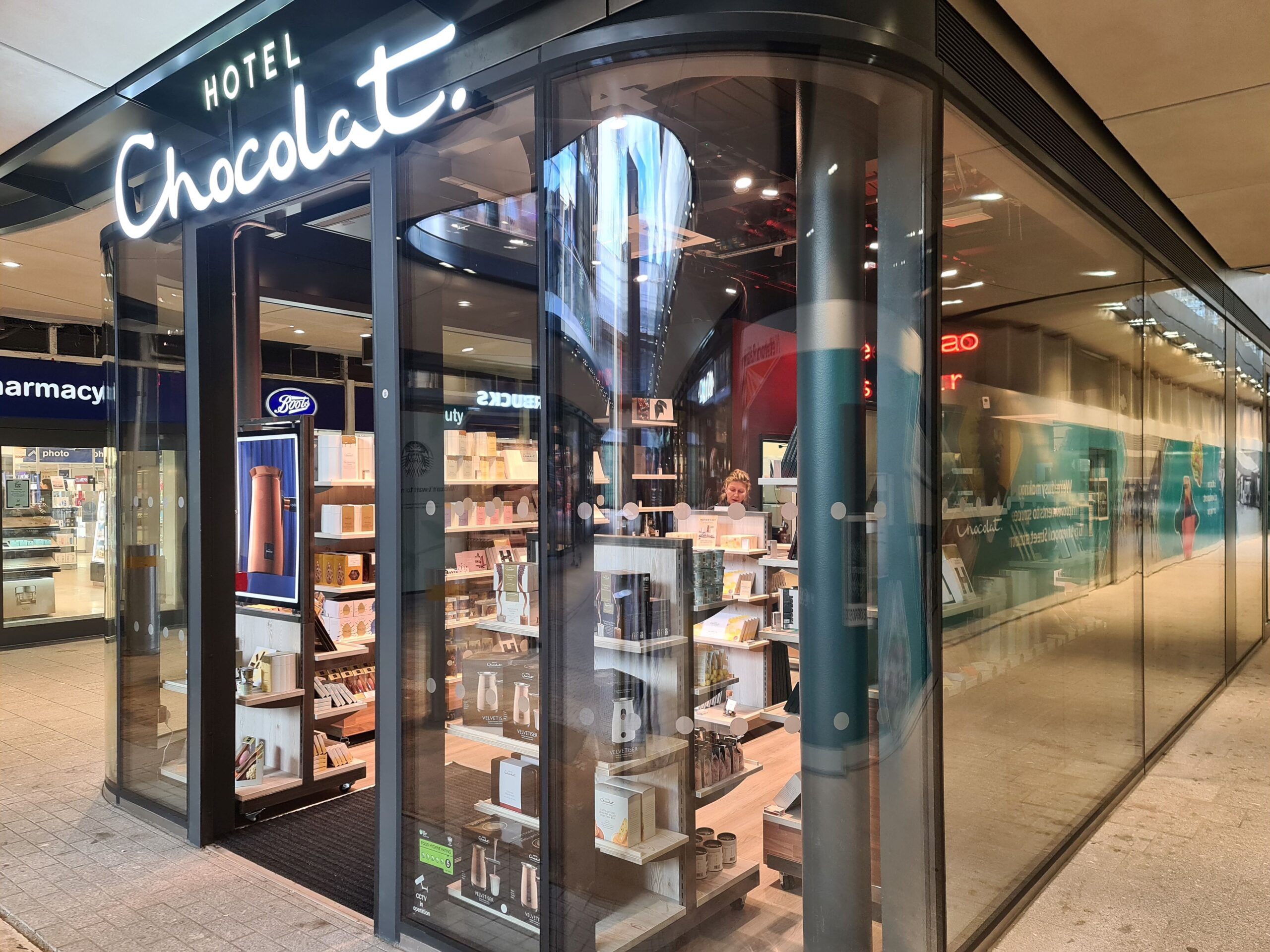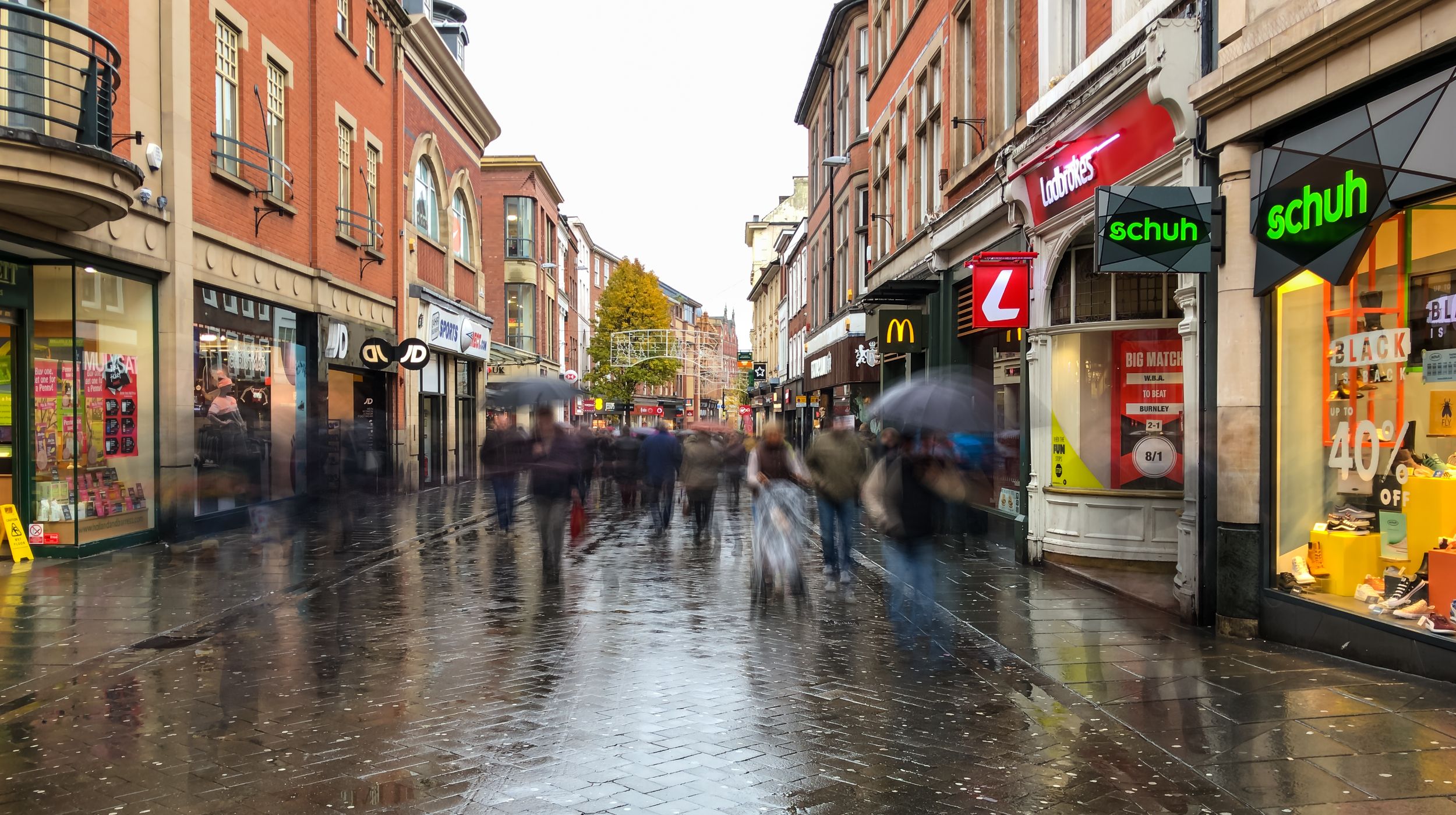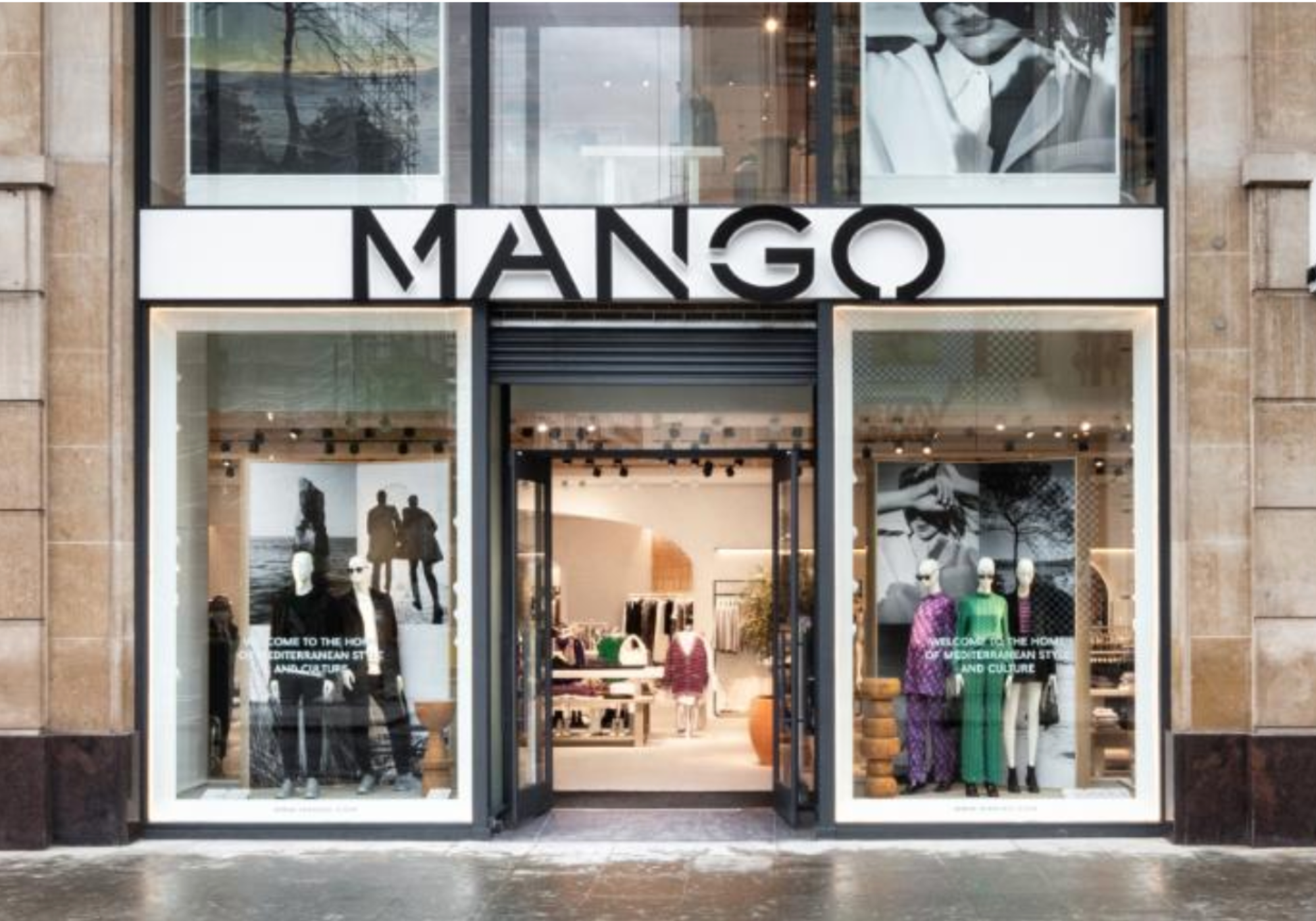By June 15, just under three weeks from now, all retail shops will be able to open – as long as the coronvirus infection rate is under control. The government has now issued guidance on what retailers can do to ensure that customers and staff can shop safely. Many will also look to the practical example of what other retailers, from supermarkets to hardware stores, are doing to manage customer and staff safety in their shops. This is what some of them are doing.
Aldi: traffic light system alongside social distancing
Aldi said today that it was putting in place a new automated traffic light system at entrances, to control the number of customers going in and out of stores.The technology has been trialled before a nationwide roll out starts this week.
Traffic lights are used to signal when customers can enter stores. This is based on individual store customer limits, in line with two-metre social distancing rules. NHS and blue light worker have priority and are encouraged to go to the front of the queue. Other customers will be asked to continue to respect this.
The new traffic light system runs along alongside the current measures already in place at all Aldi stores to ensure social distancing. This includes protective screens at checkouts, distancing markers on shop floors, sanitisation stations for customers as well as signage to offer clear guidance on how to shop safely. Stores are also encouraging one customer per trolley where possible.
Richard Thornton, communications director at Aldi, said: “The protection and safety of our customers and employees is our top priority and this new system is an accurate and effective way to allow us to control customer numbers in stores. The system’s trial was well received by our customers and we will be gradually rolling this new social distancing measure out nationwide from this week.”
B&Q: multichannel services alongside social distancing
B&Q and Screwfix stores are among the essential stores that were permitted to stay open, but the retail group closed all its stores on March 23, when UK lockdown was introduced, until it was sure it could reopen safely.
The following day, Screwfix and B&Q stores both started to introduce, progressively, contactless click and collect, alongside home delivery. On April 17, 14 B&Q stores were reopened with social distancing measures in place. Those measures include providing staff with gloves, visors and masks, limiting customer numbers in stores, and holding customers in a distanced queue before they enter. Within the stores there are regular santitiser stations, navigation marked on the floor, perspex screens at checkouts and contactless or card payments only. Since then its 289 shops have reopened steadily. All of its 683 Screwfix shops are selling only via contactless click and collect and home delivery.
Ikea: wardens to supervise social distancing
Ikea, which said on Friday it would open 19 shops in England and Northern Ireland on June 1, said social distancing measures would include a limit on how many shoppers can be in store at any time, a staggered entry system to enable social distancing, and wardens to ensure that distancing requirements are met. Shoppers are being advised to come with ready-made lists and their own bags and will be admitted with a one-adult, one-child per household limit.
Screens will be in place at checkouts, service points and returns desks, while hand sanitiser will be easily available and bags, trolleys, bathrooms, touchscreens and other equipment will be regularly cleaned.
Payment will be by card or contactless while planning services will only be available online. Play areas will be closed, but the Swedish Food market will be open and the bistro will offer contact-free takeaways with extra safety measures in place.
The retailer is also operating contactless click and collect services.
Beyond the UK: how Decathlon is using contactless smartphone payments
Sports goods retailer Decathlon is rolling out MishiPay’s smartphone payment solution in 81 stores in Germany. It is already live in Berlin, Munich, Cologne, Schwetzingen and Plochingen. In future
Customers scan and pay for items using their smartphone, which automatically disables the RFID security tag to allow them to exit the store.
This will help to minimise contact between customers and store staff, including meaning that customers don’t need to use store hardware.
Image: Shutterstock






